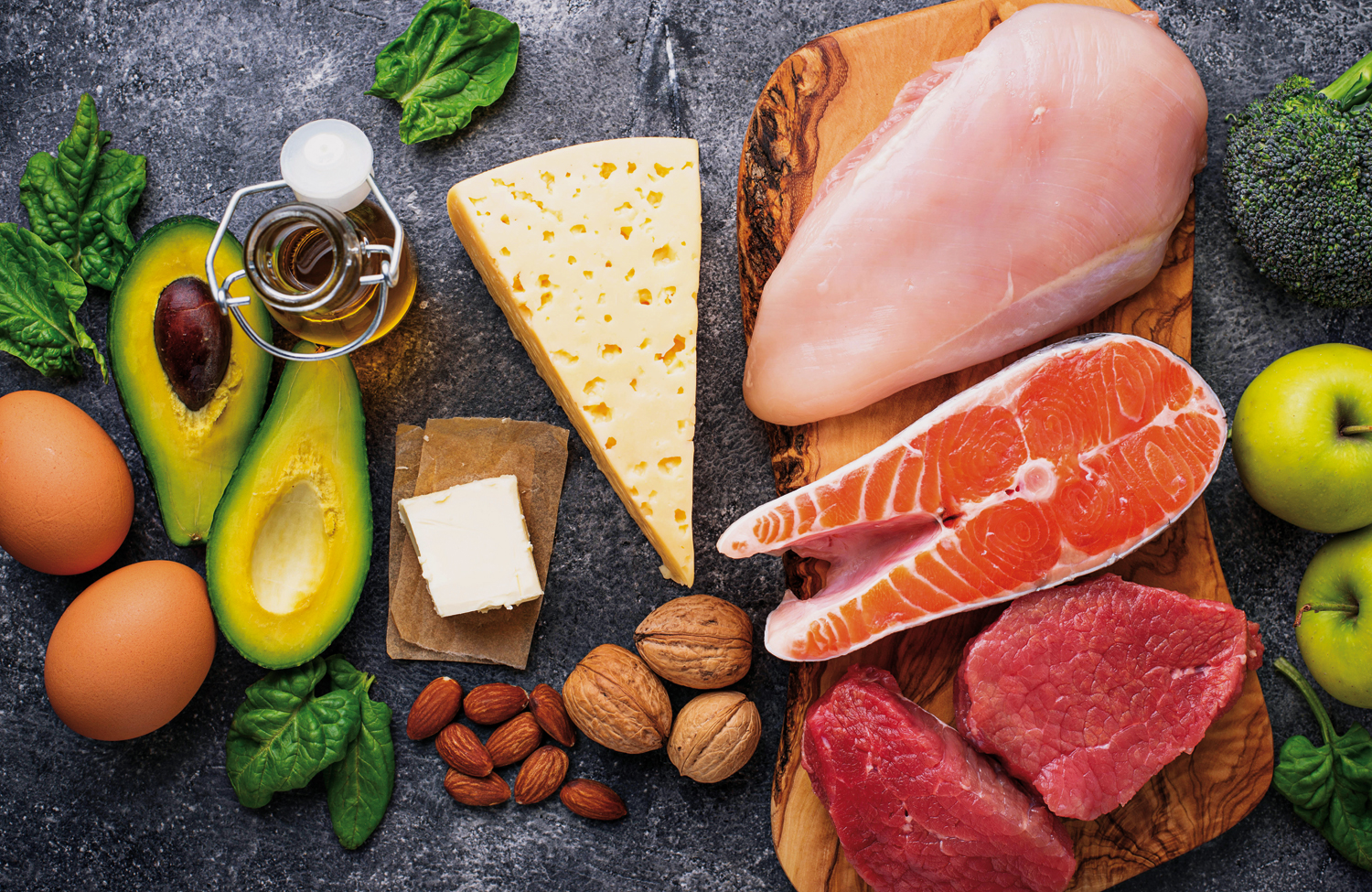

MUSCAT, JAN 19 - Amina al Harthy (name changed) was surprised to see her childhood friend Khulood, who was obese earlier, after a gap of some three months. Her friend was now slim and energetic.
Khulood had lost 15 kg since she last met her. She was curious to know how she did it. Amina learnt it was through ‘Ketogenics’. A ketogenic diet is a high-fat, adequate-protein, low-carb diet which forces the body to burn fat rather than carbohydrates.
Ketogenics or ‘low carbs, high fibre’ (LCHF) diet is being followed by every fourth person. Apparently, the results have been amazing.
According to doctors in the Sultanate, LCHF diet is a method of eating that focuses on reducing carbs and replacing them with healthy fats.
Ketogenic and Atkins diets are examples of LCHF diets. Strictly following an LCHF diet may help shed extra calories, stabilise blood sugar, improve cognitive functions and reduce risk of heart disease.
Through this method of dieting, some have shed 10 kilos in just six weeks, while some have lost five kg within a month without major changes in their eating patterns.
“All you need do is incorporate foods with more fibre such as chicken but exercise strict control on carbohydrates such as rice,” says Rukshana, who lost some 14 kilos in eight weeks.
Umaima, a banker who handles high-end clientele, shed some 11 kilos in less than five weeks. “I make it a point to eat foods that have fat in abundance,” she said.
According to Mini Padikkal, a clinical dietician, a ketogenic diet or ‘keto diet’ is a low-carb diet, but “not all low-carb diets are ketogenic diets.’’
Naeema, a keto diet ‘fan’, said she followed this diet for nearly a year to reduce a few kilos and was “doubly lucky to have bid adieu to the migraine that gave me excruciating pain for years.’’
“It is all about encouraging an obese person not to have foods high in carbohydrates such as sugar, bread and pasta, and replace them with foods containing a higher percentage of fats and moderate proteins such as meat, poultry, egg, shell fish, seeds and nuts and other foods that are low in carbs,” she said.
These include spinach, collards, most salad vegetables and fruits.
“Keto diet helps you achieve/ maintain nutritional ketosis, a metabolic state,” she said.
Nutritional ketosis is a natural metabolic state in which the body adapts to burning fat rather than carbohydrates as its primary fuel.
However, questions frequently answered by medics and nutritionists are centred around the safety of ketogenics.
Dr Nadeem Abootty, a lifestyle diseases specialist, says there have not been major studies on ketogenics. Hence, no details are available on whether or not it can cause harm.
Dr K P Raman, a senior cardiologist, said ketogenic diet is “alright for the short-term” to shed a few kilos, but in the long run it is harmful.
“What is practical is to make long-term permanent lifestyle changes, including daily walks, using staircases at workplaces, social outings involving walk in garden/beach, swimming etc.”
Dr Raman said one may lose 1 kg every month for 12 months. “All these crash diets will make one lose 5 kg in a month, but he/she will regain the lost weight within six months.”
Cases of obesity have been rising drastically in the region compared with the rest of the world because of wrong dietary/lifestyle habits.
Oman Observer is now on the WhatsApp channel. Click here



